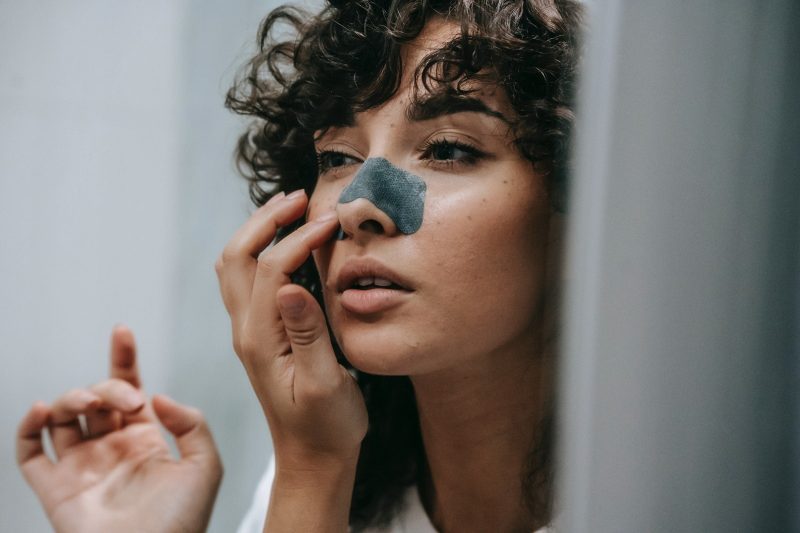Pore strips have become a popular skincare product in recent years, promising to unclog pores and leave your skin looking fresh and clear. While they offer convenience and the promise of visibly cleaner pores, the question remains: are pore strips actually good for your skin?
To understand the effectiveness and potential drawbacks of pore strips, it’s essential to delve into the science behind how they work. Pore strips typically consist of an adhesive material that is applied to the skin, left to dry, and then peeled off. As the strip is removed, it claims to extract dirt, oil, and debris from the pores, resulting in a cleaner appearance.
One of the primary benefits of using pore strips is their immediate gratification – it is satisfying to see the gunk pulled from your pores visibly. However, this instant result may not necessarily translate to long-term benefits for your skin. Pore strips can effectively remove some surface-level impurities, but they do not address the underlying causes of clogged pores. Without addressing these root issues, the pores may quickly become congested again, leading to a cycle of repeated use of pore strips.
Moreover, the adhesive nature of pore strips raises concerns about their potential side effects on the skin. The act of ripping off a pore strip can be harsh and may irritate the skin, especially for those with sensitive or acne-prone skin. The adhesive can strip away not just dirt and oil but also essential oils and protective layers of the skin, leading to dryness, redness, and even damage.
Additionally, pore strips are not a one-size-fits-all solution, as they may not be suitable for all skin types. Those with conditions like rosacea, eczema, or psoriasis may find that pore strips exacerbate their skin issues rather than improve them. It is crucial to consider your skin’s unique needs and sensitivities before incorporating pore strips into your skincare routine.
In conclusion, while pore strips can offer a quick fix for congested pores and provide a satisfying visual result, their long-term impact on the skin is debatable. For some, pore strips may be a convenient occasional treatment, but they should not be relied upon as the sole method of caring for your skin. To achieve truly healthy and radiant skin, a comprehensive skincare routine that addresses cleansing, exfoliation, hydration, and protection is essential. Always consult with a dermatologist or skincare professional to determine the best approach for your skin type and concerns.

